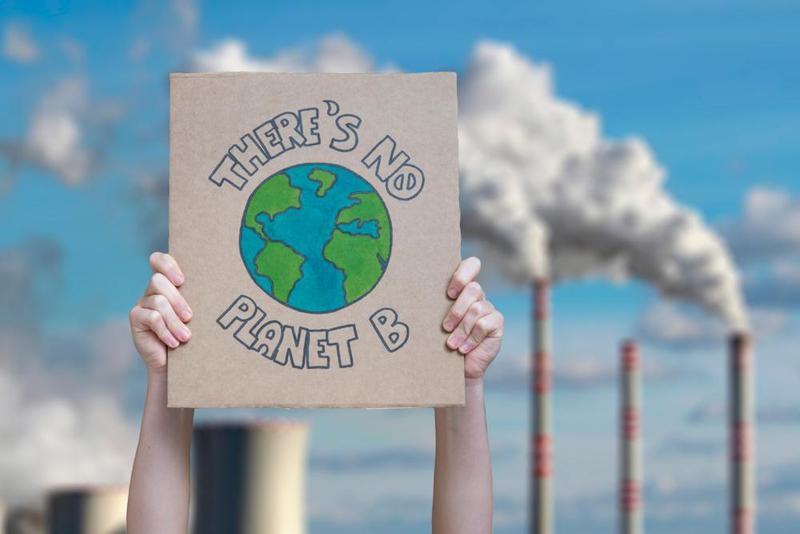Everything that you have to know about the climate change
Everything that you have to know about the climate change
The problem of climate change is the main issue of our time, and its solution will be a turning point in history. We still have time to stop the negative effects of climate change, but this will require unprecedented efforts on the part of all sectors of society. The United Nations is taking action to mitigate climate change.
Some facts about climate change:
- All countries are affected by global warming. However, the impact is disproportionately greater for the poor and vulnerable, and for those countries that are the least responsible for the problem.
- The world is already experiencing the effects of rapid and undeniable global warming: the dying off of coral reefs, rising sea levels, melting Arctic sea ice, declining biodiversity, declining crop yields, increased heat waves and heavy rainfall.
- Globally, weather and climate-related natural disasters in 2017 resulted in a staggering $320 billion in damage.
- According to the analysis, a shift to sustainable development with low carbon emissions could provide direct economic benefits of $26 trillion by 2030, compared to the traditional path of development.
Climate change, global warming, or the climate crisis?
All three names are applicable to the current situation, but it is better to use one or the other depending on the context. When talking about the long-term human influence on the Earth's climate system, it is reasonable to say "global warming".
What are the difference between climate change today and climate change in ancient times?
First of all, the fact that these changes are taking place now! The scale of antiquity is not so great. In past eras, in the days of the dinosaurs, it used to be almost 10 degrees warmer, but now we are talking about 2-5. The natural greenhouse effect is 33 degrees, and humans have increased it by only about 5%. The rate of change has also been greater. Giant volcanic eruptions more than once led to rapid, but short-term cold snaps. This led to the death of individual countries due to crop failures, which does not threaten us in the era of globalization: Africa and the small islands will always come to the rescue and people will not die. Everything was in the past, but we live now, and we influence - we cause the current changes. Therefore, one more difference from antiquity - we can influence, reduce greenhouse gas emissions and keep climate change to more or less satisfactory limits, avoid very large damage, preserve almost all ecosystems and places of human life.
What can you do to help?
Transition to renewable energy sources.
When we use energy generated from coal, we indirectly contribute to greenhouse gas emissions. Alternatively, we can switch our electricity supplier to a company that supplies renewable energy without generating greenhouse gases.Change your eating habits.
You can cut back on meat and buy foods with less or no plastic, which again contributes to greenhouse gas emissions.Save water.
As water scarcity is becoming a reality and many countries around the world suffer from a lack of clean drinking water, it is our primary responsibility to reduce our water consumption as much as possible.Less plastic.
Plastic is one of the main sources of greenhouse gas emissions. So, instead of using plastic or other similar environmentally damaging products, you can use recycled plastic products or other more sustainable alternatives to plastics.Make sustainable choices.
Some are starting to practice sustainable lifestyles. By reducing the use of cars and other vehicles, turning off appliances and saving energy whenever possible, and reducing the use of appliances that help you. By giving up greenhouse gases, we can lead an environmentally sustainable life and help our planet against global warming.
Be the first to post a message!
